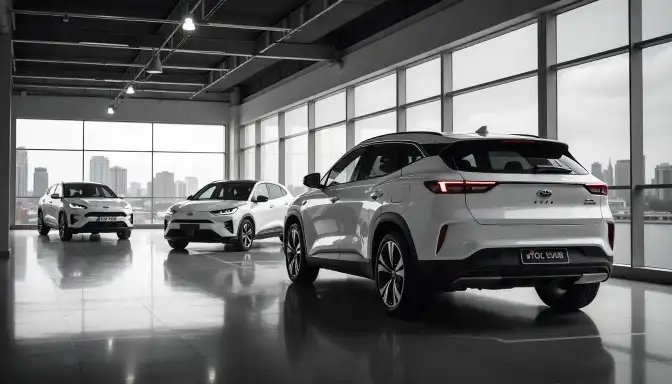Berkshire Hathaway has officially divested from Chinese electric vehicle giant BYD, closing a chapter that began in 2008 and yielded billions in returns for the American investment powerhouse.

Filing Confirms Exit
Berkshire Hathaway Energy, the unit that held shares in BYD’s Hong Kong and Shenzhen listings, reported the value of its stake as zero as of March 2025. The update was disclosed in a May filing with the U.S. Securities and Exchange Commission and was first reported by CNBC. BYD’s head of public relations, Li Yunfei, publicly expressed gratitude for Berkshire Hathaway’s support over the past 17 years via his verified Weibo account, while the company declined further comment.
Gradual Reduction in Holdings
The exit was long anticipated by the market. Berkshire Hathaway began reducing its BYD stake in August 2022, selling 1.33 million shares at an average price of HK$277 ($35.7) each. The firm continued to dispose of shares over time, falling below the Hong Kong Stock Exchange’s 5% disclosure threshold, which made its remaining holdings less visible.
Massive Returns on Investment
Berkshire Hathaway initially acquired a 10% stake in BYD for roughly $230 million when the stock was trading at HK$8 per share over a decade ago. Since then, the investment has delivered significant returns. BYD continued to expand, surpassing Tesla in global sales last year thanks to a broader product range at competitive prices.
BYD’s Current Standing
BYD now has a market capitalization exceeding HK$975 billion in Hong Kong and 975 billion yuan ($137 billion) in Shenzhen. Chairman and CEO Wang Chuanfu has become China’s 11th richest person, with an estimated net worth of $24.4 billion, according to the Real-Time Billionaires List.
Challenges Ahead
Despite its growth, BYD faces hurdles. Analysts expect it to fall short of its 2025 global sales target of 5.5 million EVs due to intense competition and Beijing’s concerns over discounting strategies that could fuel deflationary pressures. Deutsche Bank projects the company will sell 4.7 million cars globally this year, a 10% increase from 4.27 million in 2024, while Morningstar anticipates 4.8 million vehicles in 2025.
